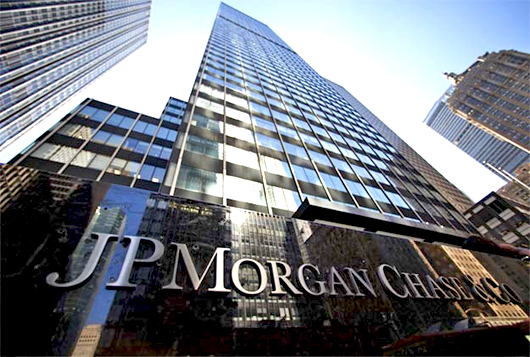
Washington, Feb 5: Fifteen years ago, when Anu Aiyengar went for an interview to become a mergers and acquisitions banker at a major Wall Street firm, she got a stark, disappointing message.
"You have three strikes against you," Aiyengar, who was born in India, recalled the interviewer telling her. "How can I hire you? You are the wrong gender, wrong color and wrong country."
Aiyengar, now a managing director at JPMorgan Chase & Co (JPM.N), is seen as one of the rising stars within the largest U.S. bank's M&A group, advising clients in sectors ranging from retail to industrials.
Over the past 15 years at JPMorgan, she has worked on around $200 billion worth of transactions. Last year, she advised on such deals as auto parts retailer Advance Auto Parts Inc's $2 billion purchase of General Parts International Inc, and office supply company Office Depot Inc's $1 billion acquisition of rival OfficeMax Inc. JPMorgan was ranked No. 2 in M&A deals by value globally last year.
Being a woman, she said, has proven to be an advantage in connecting with clients, so much so that many become friends or mentors. "Maybe it's stereotypical, but I do feel that listening skills are pretty important," she said.
Former OfficeMax CEO Ravi Saligram said Aiyengar gained his trust with her analytical skills and because she spoke her mind.
"She's not afraid to push back," Saligram said. "She was not a ‘yes' person."
Still, Aiyengar said she rarely comes across other women in her business, a reflection of how corporate America and Wall Street remain male-dominated, even if the kind of overt prejudice that she experienced fifteen years ago has receded.
Women made up 15.6 percent of top executives and managers at U.S. investment banks in 2012, compared with 17.7 percent in 2007, according to annual studies published by the United States Equal Employment Opportunity Commission (EEOC).
Elizabeth Nesvold, a managing director at the women-owned M&A advisory firm Silver Lane Advisors, has a similar story to tell. Nesvold, who has been a banker for more than two decades, said it took 16 years until she sat across from another female senior banker during deal negotiations.
Nesvold said she also thinks being a woman helps at times.
"Sometimes clients have told me things that I am 100 percent sure they would have not told a man," Nesvold said. "The work-life balance is challenging, while we see a lot of young women come into the profession, we do not see that many senior women stay the course."
Aiyengar said she makes an effort to find that balance. Married for 18 years with no children, Aiyengar, who remains an Indian citizen, said she finds relaxation through Indian classical dance and tries to stay in touch with friends and family outside of banking. She also tries to mentor younger women bankers.
"I am very passionate about having more women in broader financial services, and especially banking, not just M&A," she said.
Aiyengar herself benefited from mentors such as Eric Stein, JPMorgan's head of investment banking coverage for North America, who helped her with everything from learning how to building deal models to the intricacies of American football.
"He spent six hours on a white board teaching me how to set up a model," she said. "My basic checking models are still set up the way he originally taught me."
Stein said it is rare to find a banker who can handle a wide range of deals, from financial services to retail. Teaching her American football, however, was another matter.
"There is no doubt teaching her football was more difficult, but part of the reason was I tried to convince her to join me in being a Buffalo Bills fan," Stein said. "I am proud to say she is getting there after close to 20 years, and much more quickly than I have picked up on cricket."





Comments
Add new comment